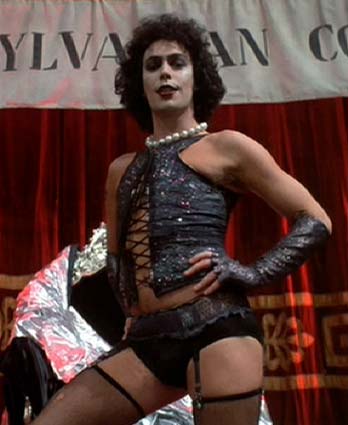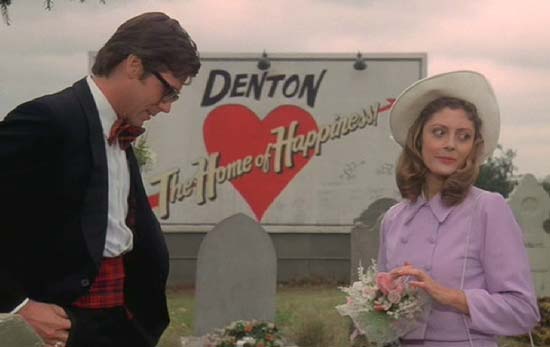
The image to the right (click to enlarge) is Figure 2 of 5 as shown at the
WIPO site for a different Bilski patent app. It's not the same as Bilski US app 08/833,892. (To err is human. To really make a fool of oneself calls for blogging on the Internet.)
The reason for my interest in the Bilski case is so that we can test the rhetoric of the Ex parte Bilski panel of 5 against the facts. They seem to imply that Bilski's "invention" does not have physicality, but rather that
it is mere abstraction at its core.
But before doing the deep dive in that direction, let us step back and examine 35 USC 101. It seems that too many people insist on interpreting 101 as a definition of "what" can or cannot be patented. I apologize for refusing to go along just to get along.
§ 101. Inventions patentable
Whoever invents or discovers any new and useful process, machine, manufacture, or composition of matter, or any new and useful improvement thereof, may obtain a patent therefor, subject to the conditions and requirements of this title.
Firstly, for those of you out there who are going to insist that 101 is the "exclusive" provision governing what can or cannot be patented, here is a little monkey wrench for inclusion in you imagine-notions:
§ 161. Patents for plants
Whoever invents or discovers and asexually reproduces any distinct and new variety of plant, including cultivated sports, mutants, hybrids, and newly found seedlings, other than a tuber propagated plant or a plant found in an uncultivated state, may obtain a patent therefor, subject to the conditions and requirements of this title.
The provisions of this title relating to patents for inventions shall apply to patents for plants, except as otherwise provided.
Careful attention to language will show that 101 establishes an open-ended class of people, the "Whoever" who "may" obtain a patent.
101 does not say these are the only people. It says, at least these people who have performed one of an enumerated set of acts, is a person who may obtain a patent.
101 does not say anything about claims. It does not say what an inventor may not claim. It merely says that a "Whoever" who performs the act of inventing or discovering may obtain a patent for having done so. The act is that of inventing or discovering "any" process, "any" machine, "any" manufacture, or "any" composition of matter or "any" improvement there
of (not "there
for") that is new (novel) and "useful".
So does Bilski's rejected claim recite an "any" process that is "useful" and novel? Lets' review an annotated copy of Bilski's claim 1:
1. A method for managing the consumption risk costs of a commodity sold by a commodity provider at a fixed price comprising the steps of:
(a) initiating a series of transactions between said commodity provider and consumers of said commodity wherein said consumers purchase said commodity at a fixed rate based upon historical averages, said fixed rate correspoding to a risk postion of said consumer;
(b) identifying ...
(c) initiating a series of transactions between said commodity provider and...
Page 5 of the Bilski panel-of-5 decision is entitled: "
Non-machine Implemented Methods".
(Call me stupid, but aren't methods of administering therapeutic dosages of known chemical compounds (medicines) also "non-machine" implemented ones? Isn't the Heimlich manuever a non-machine implemented method? That said, let's keep going.) The BOPAI panel further asserts without any deep digging into definitions that machines, manufactures and compositions of matter "represent
tangible physical things". So I suppose that if I invent a new composition of gases for release into the atmosphere everyone will immediately see such stuff as being "tangible". OK. And I guess if I release this novel tangible stuff into the atmosphere by means of removing my thumb from the top of a containment vessel (i.e. a plastic soda bottle with no machine valve on it), that is a "non-machine implemented method". And when the gases disseminate into the atmosphere that is a physical event. However note that at the top of page 6 the Bilski panel says that
"non-machine implemented methods [are] abstract in nature [and thus] present 101 issues". Aha. One can see that sheer genius is at play here.
Continuing at page 6 of
the Bilski panel-of-5 decision, the panel finds:
"The steps of claim 1 do not recite any specific way of implementing the steps".
Hoo Ha there boys. Please ease back on the throttle of your intellectual race car. Here is an example of a claim that does not recite
any specific way of implementing its steps:
What is claimed is:
A method of doing stuff comprsing:
(a) performing a first step,
(b)performing a second step, and
(c) performing a third step.
Got it? Get it? Good. I want people to insert fresh new batteries into their run-down thinking caps. Where has all the "critical thinking" gone? Are you all stoned out of your minds on that Beltway Booze? I apologize for being "irreverant". However, too much PC is a bit like too much Kool Aid at Reverend Jones's Guinea Getaway.
Moreover at page 6, the Bliski-bashing brotherhood finds:
"The steps of claim 1 do not ... expressly or impliedly recite any physical transformation of physical subject matter, tangible or intangible (??) from one state into another".
Now wait one fiberous plant picking moment there. If I initiate another human being (i.e. a commodity provider or a consumer) into engaging in a "transaction", have I not caused a transformation of physical state, shifting the physical object (the human being) from the energetically lower state of "not transacting" to the energetically higher state of "transacting"? Have I not altered the thermodynamics of the situation? Is it possible to engage in a "trans-action" without the action of even a single muscle? How can one say there isn't "
any physical transformation ... from one state into another"?
Again. There used to be a thing called critical thinking.
Where has all the critical thinking gone, long time not seen?
The answer my friends is blowing in the ... oh never mind.
Yet further at page 6, the Bliski-bongling brotherhood finds:
"The steps of claim 1 do not ... recite [hey where's the good 'ole directly or indirectly?] any electrical, chemical or mechanical acts or results
Once again fella's hold back on your fiberous plant plucking ways. If I initiate another human being (i.e. a commodity provider or a consumer) into engaging in a "transaction", have I not inherently caused at least an electrochemical act in the cranium of that being by initiating the "act" of trans-"acting"?
P.S. Have I initiated any electrochemical acts in the craniums of you readers out there? Huh? Have I?
 Yup, according to this unbiased report about the invitation-only Tech Policy Summit, the most prestigious leaders of world wide technology have hob nobbed together, looked deeply into the heart of the patent system, spotted its "gears" and found that "the system is broken" because there is sand in the gearbox.
Yup, according to this unbiased report about the invitation-only Tech Policy Summit, the most prestigious leaders of world wide technology have hob nobbed together, looked deeply into the heart of the patent system, spotted its "gears" and found that "the system is broken" because there is sand in the gearbox.












